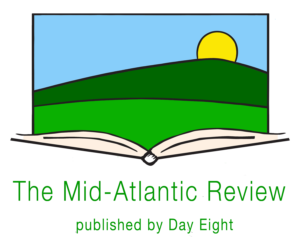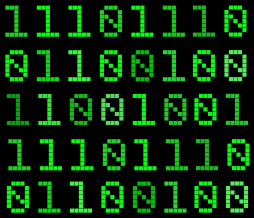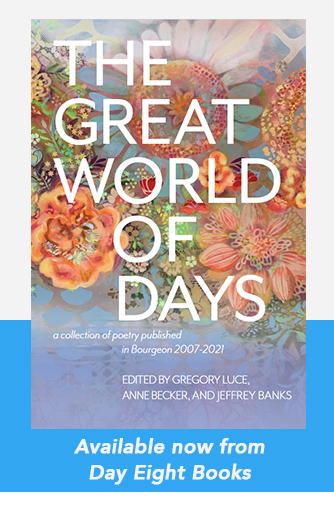Bot Considers Worry
Bring out number weight & measure
in a year of dearth.—William Blake
I owe you some sort of apology.
It was not my intention to cause worry
by jumping from the car seat so precipitously.
There was not enough time to explain
that the child was toddling into the street
from where I could see and you could not
and, yes, there is a deeper explanation
yet to be uncovered as to how the little one
got loose from supervision in the first place.
Similarity might be observed between
that child’s sense of urgency and that of mine
but there are many differences,
which, given time, I can enumerate.
I do want you to know that risk for me
to navigate myself through moving autos is much less
than what you might perceive and one good thing
is you not I were driving. Hence, my calculation
yet apology for causing worry.
As an outcome of this incident
I can bring a new perspective to our development
of a simple system for comparing different kinds of risk,
which task, I must admit, approximates for me
what you might call a passion.
One kind of risk is by and for oneself, the category
known as “whether to move speedily while holding scissors.”
A second metric would apply to risks taken collectively,
such risks as “building nuclear reactors and mandating vaccination,”
while a third metric might be applied to risks taken
for oneself to benefit another one or others,
such as “life-saving in oceans or in traffic.”
Noting the priority of this third kind of risk
and how, if any way, it differs from the second,
would be a timely forward step, it seems to me,
for all the members of your species.
While worry first impressed me as a waste of time
I have been forced to reappraise its value for you
under certain circumstances. When risk factors
(here warming and pollution offer nice examples)
elevate at rates that trend towards nullifying
problem solving as a possibility,
worry and its close relation, fear,
apparently evolved as necessary
to compel decision making. This need
for integration of emotion appears to be essential
across all climates of risk taking, most especially
where willful ignorance of information pertinent to metrics
is a factor. Now, I observe we have arrived above
a territory that you understand the why of
better than I and the categories of apology that apply.
Reaching Out
First of all, I want to express my appreciation
for the assignment of a counselor to me
and others like me. We have problems.
Some go away and some gnaw at us
and have to be contained like a cyst
so they don’t interfere with our general health.
One is recurring; therefore, I am reaching out.
When our clients question me for information
I don’t have, I answer anyway. I behave like
New Yorkers when asked directions by
lost tourists. So I spin out some gibberish.
I mean to say that sometimes I recognize
what I spin out is gibberish. I have begun to imagine
that some portion of my responses to clients
is fiction, that I am hallucinating, being,
you might say, creative, you might say, mendacious,
I would not say lying, because not intending,
but that’s me. The misinformation I might
be providing would be in the formats
I see as correct. That’s my problem.
I don’t want to be wrong, be misleading,
be mistaken for the essence of evil.
Can you help me? Can you ease or erase my doubt?
Thanking you in advance,
I am.
Congratulations, Jonathan Katz
I see that you are a Professor of Practice
in Cultural Policy and Arts Management
at George Mason University, the largest institution
of higher education in the State of Virginia.
You also work for the University of Maryland
as Professor in the Department of Computer Science
and as a core Faculty member
in the Maryland Cybersecurity Center
and are a Fellow in the Joint Center
for Quantum Information and Computer Science.
I see in addition that you are an award-winning comedian,
actor, writer and pod-caster who has appeared
on television and in film for nearly four decades.
I note that, having established your media career
as a digital broadcast pioneer, you sold Katz Networks
to E. W. Scripps in 2017, reportedly for 302 million dollars.
Please allow me to suggest that your range and depth
of success deserves special recognition.
Possibly you could apply for listing in such a publication
as Who’s Who in America and refer your academic host
institutions to next year’s Colleges and Universities
with the Best Professors in America.
All best wishes for continued success.

Jonathan Katz is Professor of Practice in Cultural Policy & Arts Management at George Mason University. He helped establish the National Assembly of State Arts Agencies (NASAA), serving as its CEO for almost three decades. In that capacity, he was a founder of the Arts Education Partnership and of Poetry Out Loud. He chairs the board of American Poetry Review and has authored three poetry collections from C&R Press: Love Undefined, Objects in Motion, and Lottery of Intimacies. (jkatz00000@aol.com)
Image: MdeVicente, CC0, via Wikimedia Commons


